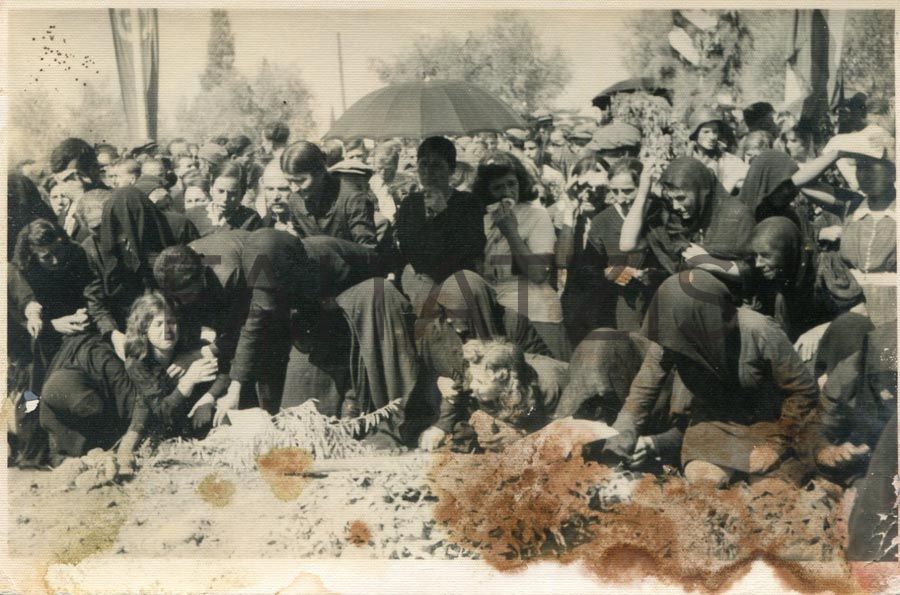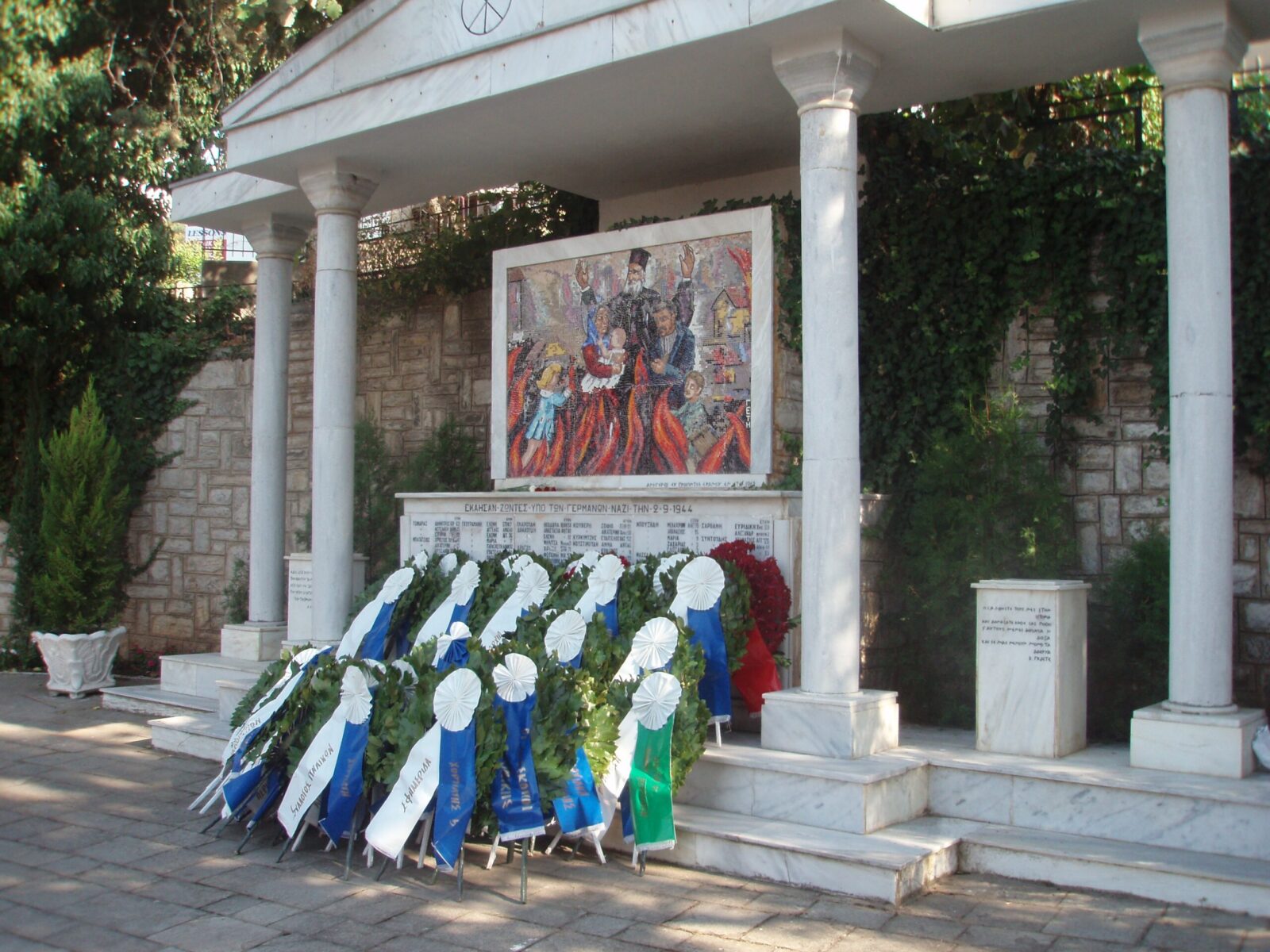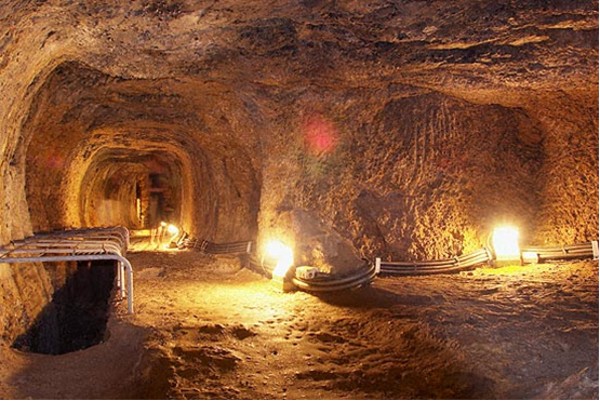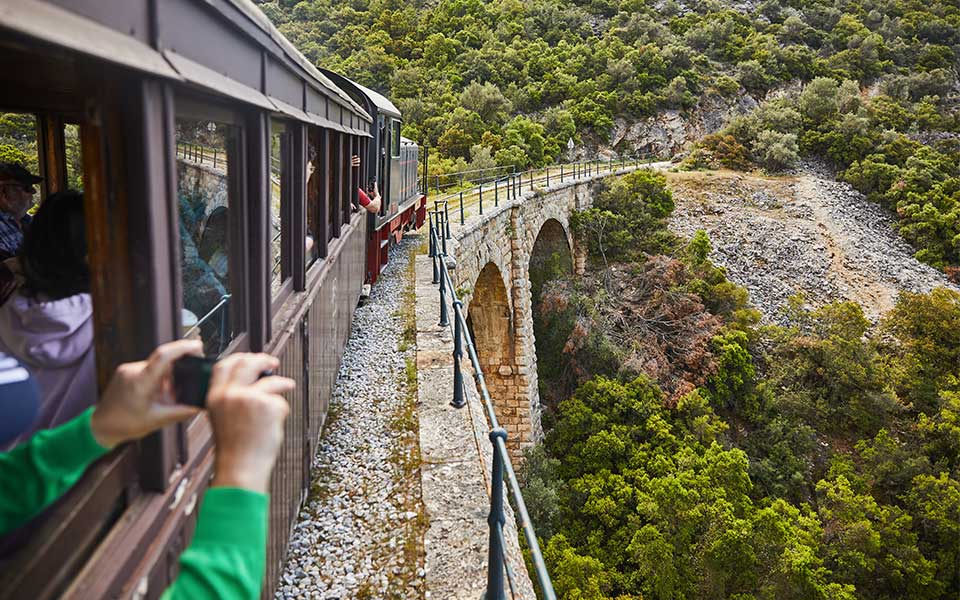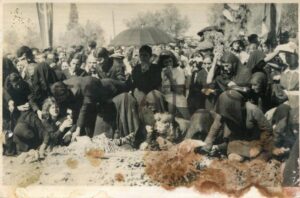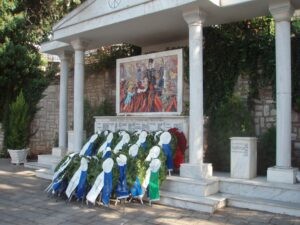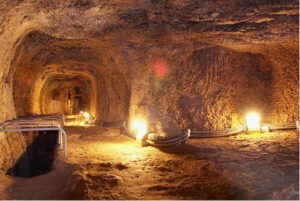
Christmas in Greece is a magical season filled with vibrant customs and heartfelt celebrations that go far beyond the common festive clichés. While many are familiar with the classic Greek Christmas tree and carols, there exists a fascinating world of unique Greek Christmas traditions deeply rooted in local history and culture. These customs, passed down through generations, reflect the rich tapestry of Greek heritage and regional identity.
If you’re curious about what makes Christmas truly special in Greece, this article will take you on a journey through some of the lesser-known yet captivating traditions that illuminate the festive spirit in distinct ways.
Regional Rituals and Festive Songs
One of the hallmarks of these unique Greek Christmas traditions is how different regions celebrate with their own special rituals. For example, in parts of Northern Greece, communities gather to perform the “Kalanda” — traditional Christmas carols that involve groups of children moving from house to house singing songs that invoke blessings for health and prosperity. These are not your typical carols but are often accompanied by local instruments such as drums and flutes, and children may carry small triangles or cymbals, creating an enchanting rhythm that echoes through village streets.
Interestingly, the Kalanda vary widely between regions, with some places including verses that recount local legends or historic events, giving the songs a distinctly regional flavor. The children often receive small gifts or treats in return, fostering a sense of community and generosity during the holiday season.
In rural areas, the lighting of bonfires on Christmas Eve is a powerful tradition believed to ward off evil spirits and welcome the coming year with warmth and light. This practice, called “Fota,” can trace its origins back to ancient pagan rites celebrating the winter solstice. Today, families and neighbors gather around these fires to share stories and enjoy the festive atmosphere, keeping alive a connection to Greece’s ancient past.
Special Christmas Foods and Their Meanings
Food is another critical aspect of these unique Greek Christmas traditions. While the festive table often features classic dishes like roast lamb and baklava, some regions prepare distinctive delicacies tied to their local history and beliefs. For example, in Epirus, families make “Kourabiedes” — rich almond shortbread cookies dusted with powdered sugar — believed to symbolize purity and sweetness in life.
The iconic “Melomakarona,” honey-soaked cookies spiced with cinnamon and cloves, are more than just sweets; they embody wishes for prosperity and joy. The use of honey, a natural preservative and symbol of fertility, dates back to Byzantine times, showcasing how food and spirituality are intertwined in Greek Christmas culture.
In some mountainous areas, families prepare “Christopsomo” or “Christ’s bread,” a special bread decorated with symbolic motifs such as crosses, wheat sheaves, and sometimes even the initials of the family. This bread is blessed during the Christmas liturgy and shared among family members, symbolizing unity, faith, and the nourishment of the soul.
A lesser-known custom involves the preparation of “Vasilopita,” a cake or bread baked with a coin hidden inside. Traditionally served on New Year’s Day, the person who finds the coin is believed to receive luck and blessings for the coming year. This tradition, while associated with Saint Basil’s feast, is often incorporated into the extended Christmas celebrations.
Folk Customs and Festivities
Beyond songs and food, the celebration of Christmas in Greece is filled with folklore that reveals the country’s spiritual and communal values. One such tradition involves the use of a “karavaki,” a small decorated boat often adorned with candles and lights. This custom, originating from Greece’s maritime history, sees families displaying their karavaki as a symbol of hope and safe travels, especially for those living near the sea. It is especially prevalent in island communities and coastal villages, where the sea is a lifeline and a central part of life.
In some places, children craft these boats themselves, decorating them with bright colors and glittering ornaments, then parade them in local Christmas events. The karavaki serves as a beautiful reminder of Greece’s deep connection to the sea, blending ancient symbolism with Christian tradition.
Another enchanting tradition is the preparation of the “Feast of the Twelve Days,” marking the period from Christmas Day to Epiphany on January 6th. Each day holds specific rituals, prayers, and folk beliefs that vary by region. For example, some families will avoid sweeping floors or washing clothes during these days, as it is believed to sweep away good fortune or wash away blessings. Hospitality plays a key role, with many households opening their doors to neighbors and travelers, embodying the Greek ideal of filoxenia (generous hospitality).
Modern Revival of Old Traditions
Interestingly, many of these unique Greek Christmas traditions are experiencing a revival, especially among younger generations keen to reconnect with their cultural roots. In recent years, local municipalities and cultural institutions have organized Christmas festivals that celebrate traditional customs, music, and crafts. These events often feature folk dance performances, workshops where children learn to make melomakarona or decorate karavakia, and storytelling sessions about old legends associated with Christmas.
Institutions like the Hellenic Institute of Folklore and Ethnology (https://www.eie.gr/en/) actively promote the preservation and study of such customs, helping ensure these traditions continue to thrive. Additionally, the official Greek tourism website (https://www.visitgreece.gr/) highlights many authentic Christmas experiences that travelers can enjoy, emphasizing the importance of cultural preservation.
In urban centers like Athens and Thessaloniki, modern Christmas markets now incorporate booths dedicated to traditional crafts and regional delicacies, blending the old with the new. This fusion has helped introduce these unique customs to a broader audience, ensuring their survival in a rapidly changing world.
Reflection of Greek Culture and Community
At its core, the celebration of Christmas in Greece is about community, faith, and continuity. The preservation of these unique Greek Christmas traditions is a testament to the country’s enduring respect for heritage and shared identity. Whether through a song, a ritual, or a special dish, these customs bring families and communities closer, creating lasting memories each holiday season.
Moreover, these traditions provide a fascinating window into the Greek way of life — one that cherishes family bonds, reveres history, and welcomes the future with hope. For travelers seeking an authentic cultural experience, Christmas in Greece offers more than picturesque churches and festive markets. It invites you to witness living traditions that embody the heart and soul of Greek culture.
For more insights into Christmas celebrations worldwide, the History Channel offers a well-researched overview (https://www.history.com/topics/christmas).
Frequently Asked Questions (FAQ)
1. What are some unique Greek Christmas traditions?
Unique Greek Christmas traditions include regional caroling (Kalanda), lighting of bonfires, decorated Christ’s bread (Christopsomo), the use of small decorated boats (karavaki), and the New Year’s Vasilopita cake with a hidden coin.
2. How do Greek Christmas customs differ by region?
Customs vary widely; for example, Northern Greece focuses on communal singing and bonfires, coastal areas display decorated boats as symbols of hope, and mountain villages prepare specific breads with religious symbols.
3. Are these traditions still practiced today?
Yes, many of these customs remain alive, especially in rural areas and through cultural festivals aimed at preserving Greece’s rich heritage.
4. What special foods are eaten during Greek Christmas?
Traditional foods include melomakarona (honey cookies), kourabiedes (almond shortbread), Christopsomo (decorated bread), Vasilopita (New Year’s cake), and regional dishes like roast lamb and baklava.
5. Where can I experience authentic Greek Christmas celebrations?
Places like Thessaloniki, Crete, and the mountainous villages offer vibrant Christmas festivities showcasing these unique traditions. The official Greek tourism site (https://www.visitgreece.gr/) is a great resource to plan your visit.

